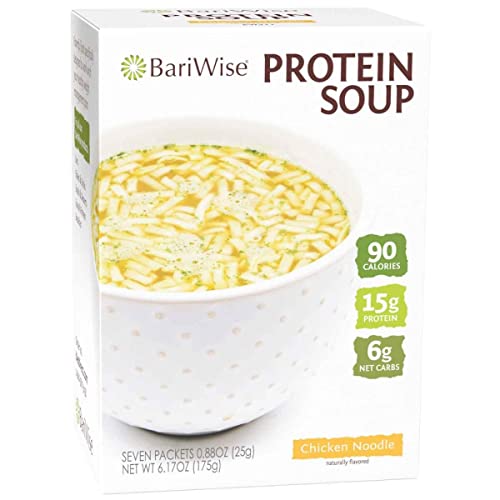It's a book, The End of Alzheimer's, which I am currently trying to read. I say that because I already started it once and gave it up as too hard. 
Last night in an e-mail I mentioned to a friend that - how ironic! - I was having trouble reading a book about dementia (like that's funny) and she told me that she hasn't been reading nearly as much anymore. She used to love to read and now will start a book and then give it up, not interested.
god, that made me sad. She is just a bit older than me and has a much better life, but also works very hard.
anyway, after a good night's sleep and about 3 cups of coffee I started reading the book again and just ran into the story of a woman who started having dementia symptoms at 40 and is now back to normal and able to describe what it was like. one of the things was, she had stopped reading as much.
I started this thread mostly to help hold myself accountable for actually finishing the book (and it's not like it's a text, or something, it's for a general audience) and reporting back to you. so far I will only say diabetes is not your friend. like that's news.
if anyone else is reading or has read it, I'd love to hear about it. either way, more to come!


Last night in an e-mail I mentioned to a friend that - how ironic! - I was having trouble reading a book about dementia (like that's funny) and she told me that she hasn't been reading nearly as much anymore. She used to love to read and now will start a book and then give it up, not interested.
god, that made me sad. She is just a bit older than me and has a much better life, but also works very hard.
anyway, after a good night's sleep and about 3 cups of coffee I started reading the book again and just ran into the story of a woman who started having dementia symptoms at 40 and is now back to normal and able to describe what it was like. one of the things was, she had stopped reading as much.
I started this thread mostly to help hold myself accountable for actually finishing the book (and it's not like it's a text, or something, it's for a general audience) and reporting back to you. so far I will only say diabetes is not your friend. like that's news.
if anyone else is reading or has read it, I'd love to hear about it. either way, more to come!












































